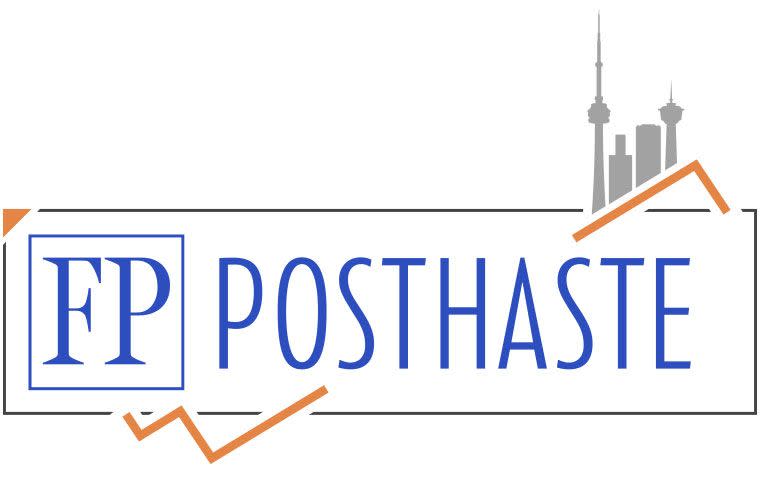

Immigration is helping fuel a surge in the consumer credit market, just as high interest rates and inflation push Canadians to take on a record amount of personal debt.
Total consumer debt hit $2.4 trillion in the fourth quarter, a 2.9 per cent increase from last year and a fresh record, according to a report from TransUnion of Canada Inc. Around 92 per cent of credit users carry a balance, a 3.7 per cent increase over last year.
More people are also using credit than ever before. Roughly 96 per cent of those eligible, or 31.5 million people, use at least one product to borrow money, such as a credit card, auto loan or mortgage. That represents a 3.6 per cent increase over last year, with people new to using credit adding $1 billion to balances over the past year, TransUnion said.
A surge in newcomers is helping drive those gains. The volume of people new to the country who opened a credit account for the first time has ballooned 46 per cent from 2022 to 2023, TransUnion said, and left those new residents of Canada with $3.5 billion in debt.
Those balances are only expected to grow. “These new consumer’s credit wallets are likely to expand as they make Canada their new home,” Matthew Fabian, a director at TransUnion Canada, said in the news release.
Meanwhile, high interest rates have made it more expensive to pay down all that debt. Monthly minimum payments are on the rise, with the average mortgage bill increasing 12 per cent over the past year. Additionally, credit card payments grew by 11 per cent, auto loans by six per cent and lines of credit by 13 per cent, TransUnion said. As a result, more people are missing payments. Delinquency rates rose for the third-straight quarter, while the number of people defaulting on a loan for the first time grew eight per cent.
There is likely more trouble ahead, TransUnion said. Interest rates are expected to stay higher for longer, and inflation continues to weigh on consumers’ wallets. As minimum payments continue to rise, many Canadians could be in for some tough choices in deciding how to allocate money to debt while still paying for day-to-day necessities.
Those challenges could be especially acute for those new to borrowing money, including new Canadians.
“As credit participation increases to include more new-to-credit and new-to-Canada borrowers, we expect to see a subsequent uptick in delinquency rates,” Fabian said, adding that is “reflective of an active market in Canada.”
Sign up here to get Posthaste delivered straight to your inbox.


Bank of Montreal has been slowly whittling down the number of ultra-long mortgages it granted to Canadian customers to help them handle the rapid rise in interest rates.
When borrowing costs shot up in 2022 and 2023, the bank allowed clients to extend the time they’ll take to pay off their loans, easing the monthly payment shock. That changed the composition of Bank of Montreal’s domestic mortgage book: by early last year, almost a third of the portfolio had amortization periods exceeding 30 years.
That has now shrunk to about 25 per cent, the bank disclosed in its financial results for the quarter ended Jan. 31.
-
G20 finance ministers and central bank governors begin their two-day meeting in São Paulo, Brazil.
-
Today’s data: Current account balance, survey of employment, payroll and hours; United States real GDP, advance economic indicators report
-
Earnings: Royal Bank of Canada, National Bank of Canada, George Weston Ltd., EQB Inc., Spin Master Corp.


Whether you’re a federal, provincial or municipal government, using the tax system is all the rage to try to solve Canada’s housing supply shortage. But tax expert Kim Moody says that’s only resulted in a plethora of silly taxation measures and legislation over the past few years. He explains why taxation can’t solve housing challenges.
Are you worried about having enough for retirement? Do you need to adjust your portfolio? Are you wondering how to make ends meet? Drop us a line at [email protected] with your contact info and the general gist of your problem and we’ll try to find some experts to help you out while writing a Family Finance story about it (we’ll keep your name out of it, of course). If you have a simpler question, the crack team at FP Answers led by Julie Cazzin or one of our columnists can give it a shot.
McLister on mortgages
Want to learn more about mortgages? Mortgage strategist Robert McLister’s Financial Post column can help navigate the complex sector, from the latest trends to financing opportunities you won’t want to miss. Read them here.
Today’s Posthaste was written by Victoria Wells, with additional reporting from Financial Post staff, The Canadian Press and Bloomberg.
Have a story idea, pitch, embargoed report, or a suggestion for this newsletter? Email us at [email protected].
Bookmark our website and support our journalism: Don’t miss the business news you need to know — add financialpost.com to your bookmarks and sign up for our newsletters here.





